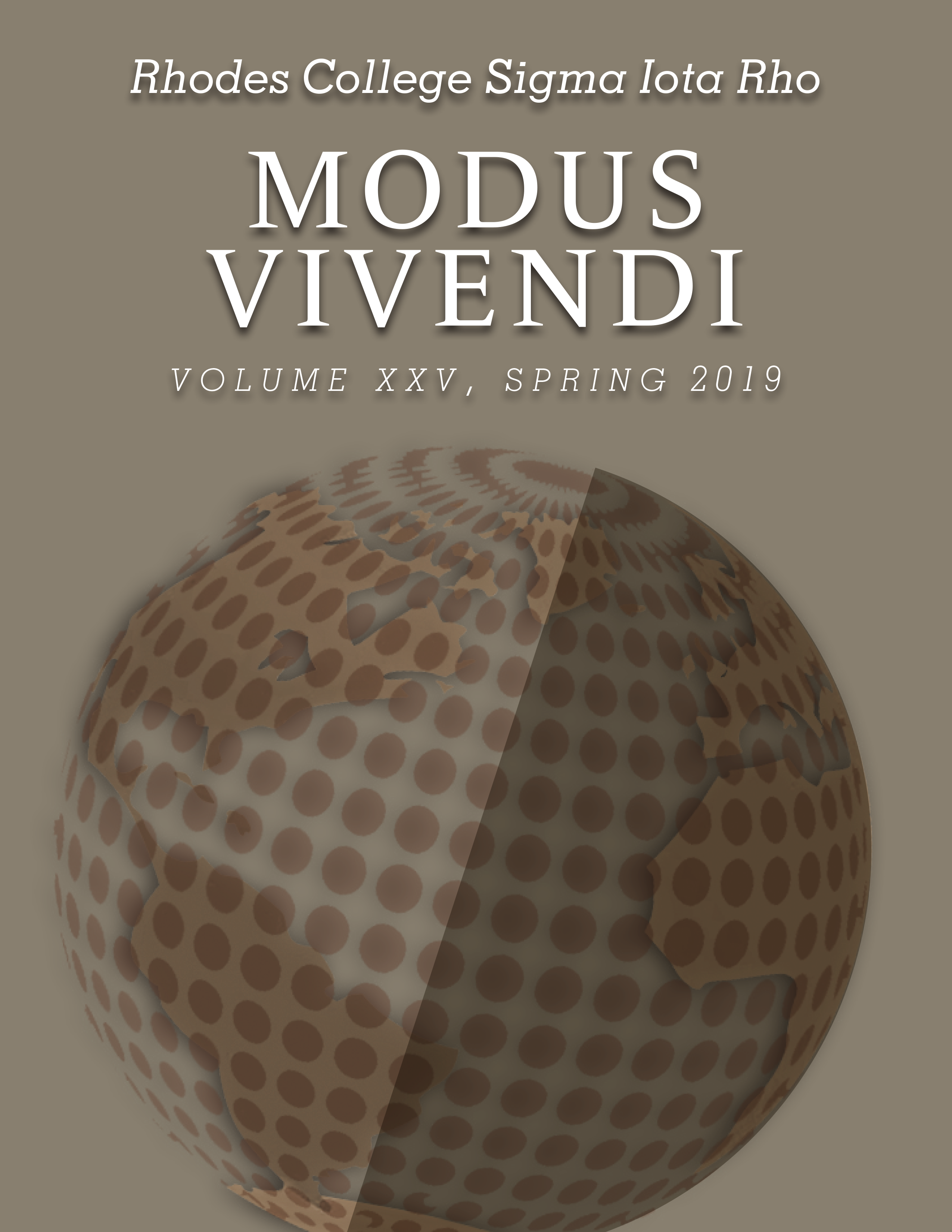

Other uses of the subjunctive in English are archaisms, as in "And if he be not able to bring a lamb, then he shall bring for his trespass." ( KJV Leviticus 5:7).


An example of the English subjunctive is "Jill suggested that Paul take his medicine", as opposed to the indicative sentence " Jill believes that Paul takes his medicine". A subjunctive mood exists in English, though it is not inflectional form of the verb but rather a clause type which uses the bare form of the verb also used in imperatives, infinitives, and other constructions. Examples include discussing imaginary or hypothetical events and situations, expressing opinions or emotions, or making polite requests (the exact scope is language-specific). The subjunctive mood, sometimes called conjunctive mood, has several uses in dependent clauses. For other examples, see the main article for each respective mood. Some also preserve an optative mood that describes events that are wished for or hoped for but not factual.Ĭommon irrealis moods are the conditional, the subjunctive, the optative, the jussive, and the potential. Many Indo-European languages preserve a subjunctive mood. Some languages have distinct irrealis grammatical verb forms. For example, in the sentence "If you had done your homework, you wouldn't have failed the class", had done is an irrealis verb form. Irrealis verb forms are used when speaking of an event which has not happened, is not likely to happen, or is otherwise far removed from the real course of events. They may be part of expressions of necessity, possibility, requirement, wish or desire, fear, or as part of counterfactual reasoning, etc. They are any verb or sentence mood that is not a realis mood. Irrealis moods or non indicative moods are the set of grammatical moods that indicate that something is not actually the case or a certain situation or action is not known to have happened. The only possible alternation in the same context is between indicative and jussive following the negative particle lā. The usage of the indicative, subjunctive, and jussive moods in Classical Arabic is almost completely controlled by syntactic context. For example, the subjunctive and optative moods in Ancient Greek alternate syntactically in many subordinate clauses, depending on the tense of the main verb. Even when two different moods exist in the same language, their respective usages may blur, or may be defined by syntactic rather than semantic criteria. Individual terminology varies from language to language, and the coverage of, for example, the "conditional" mood in one language may largely overlap with that of the "hypothetical" or "potential" mood in another. Not all the moods listed below are clearly conceptually distinct. English has indicative, imperative, and subjunctive moods other moods, such as the conditional, do not appear as morphologically distinct forms. Not every Indo-European language has all of these moods, but the most conservative ones such as Avestan, Ancient Greek, and Vedic Sanskrit have them all. The original Indo-European inventory of moods consisted of indicative, subjunctive, optative, and imperative. Some Uralic Samoyedic languages have more than ten moods Nenets has as many as sixteen. Infinitives, gerunds, and participles, which are non-finite forms of the verb, are not considered to be examples of moods. Some examples of moods are indicative, interrogative, imperative, subjunctive, injunctive, optative, and potential. (See tense–aspect–mood for a discussion of this.) Mood is distinct from grammatical tense or grammatical aspect, although the same word patterns are used for expressing more than one of these meanings at the same time in many languages, including English and most other modern Indo-European languages. The term is also used more broadly to describe the syntactic expression of modality – that is, the use of verb phrases that do not involve inflection of the verb itself. : p.181, That is, it is the use of verbal inflections that allow speakers to express their attitude toward what they are saying (for example, a statement of fact, of desire, of command, etc.). In linguistics, grammatical mood is a grammatical feature of verbs, used for signaling modality.


 0 kommentar(er)
0 kommentar(er)
